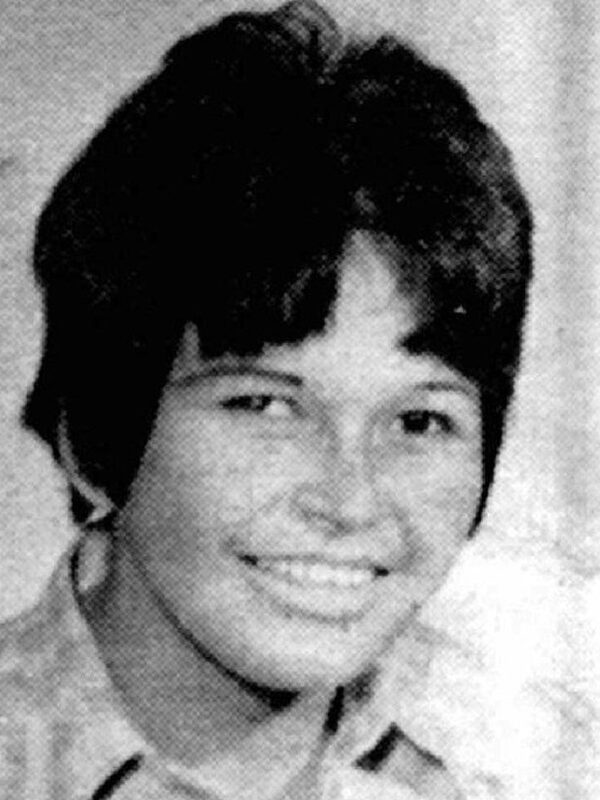Change is a constant in life and Emergency Response Grants allow The Winnipeg Foundation to respond to community needs quickly. The murder of the Azfall family in London, ON earlier this year was an exceptionally difficult moment for the Muslim community.
In response, The Foundation provided a grant for the Manitoba Islamic Association and the Islamic Social Services Association – two organizations providing counselling and support to community members who felt the impacts of this devastating event.
In June 2021, 215 unmarked graves at a former residential school in Kamloops were reported. Within a month the number had risen to more than 1,300 across the country.
Following the findings, members of the Indigenous community came together to host a Sacred Fire to Honour the Children, to offer tobacco and prayers, and receive support. The Winnipeg Foundation provided a grant to Indigenous-led organization, Ma Mawi Wi Chi Itata Centre to help make the space safe and comfortable. Burial site recovery at other former residential schools is ongoing.
Missing and Murdered Indigenous Women and Girls
The National Inquiry into Missing and Murdered Indigenous Women and Girls (MMIWG) was inaugurated in 2016. Three years later, in 2019, the final report revealed “persistent and deliberate human and Indigenous rights violations and abuses are the root cause behind Canada’s staggering rates of violence” against Indigenous women, girls, and 2SLGBTQ+ people.
Launched June 3, 2021, the National Action Plan aims, in part, to support the delivery of programs and services by Indigenous organizations, keep families and survivors at the centre of the healing process and offer support, and address the broader root causes of violence against Indigenous women, girls, and 2SLGBTQ+ people.
After consulting with the MMIWG Manitoba Coalition and City of Winnipeg Accord office, The Foundation made grants to five local Indigenous-led organizations – Ka Ni Kanichhk, Ma Mawi Wi Chi Itata Centre, Indigenous Women’s Healing Centre, Ikwe, and Clan Mothers Healing Village. Each received a $75,000 grant to help support their work. Together, the organizations offer mental health and wellness supports for Indigenous women and victims’ families, within a culturally safe and supportive environment.
While this funding helps address immediate needs in the Indigenous community, The Winnipeg Foundation is committed to continue exploring how philanthropy can address systemic racism and the broader causes for violence against Indigenous women, girls, and 2SLGBTQ+ people.
Helen Betty Osborne scholarship

Three organizations are working together to relaunch dozens of scholarships honouring the late Helen Betty Osborne.
Just before the National Day for Truth and Reconciliation on Sept. 30, The National Centre for Truth and Reconciliation (NCTR) and the Indigenous Chamber of Commerce (ICC) announced they will lead the project, with support from The Winnipeg Foundation. The partnership will re-activate the Helen Betty Osborne Memorial Awards for Indigenous students.
The application portal opens on Nov. 13, 2021, which marks the 50th anniversary of Helen Betty Osborne’s tragic death. Thirty, $2,500 awards will be allocated from the Helen Betty Osborne Memorial Fund to Indigenous students.
“The Foundation is pleased to support the NCTR and ICC to relaunch this awards program. Support for Indigenous students through scholarships is another important step on our journey of reconciliation,” says Sky Bridges, CEO of The Winnipeg Foundation.
Helen Betty Osborne was pursuing further education when she was brutally murdered in northern Manitoba in 1971. It took 16 years for anyone to be charged with her murder. The scholarship fund was established to honour her memory and provide financial support to Indigenous students.
Supporting Black communities
There are many location-based community foundations just like The Winnipeg Foundation across the country, but different communities have different experiences that shape the way they live in the world.
The Foundation for Black Communities started in 2020 to ensure Black communities have access to the resources necessary to thrive. Along with other Canadian community foundations, The Winnipeg Foundation provided a $50,000 grant to support the establishment of the Foundation for Black Communities, working together towards a philanthropic sector supporting all communities equitably.
Locally, Winnipeg-based organization Project Heal is a Black-led initiative organized by Black Space Winnipeg and housed at Klinic Community Health. It was created in 2018 to support mental health of Black youth and adults. The program aims to create a supportive, safe space for participants to explore their feelings, provide tools to heal, and create community connections. Project Heal has experienced continued success and received a grant of $16,600 from The Foundation to help expand the program, and plan for programming to start again in the summer of 2022.
Engaging youth
The Walking Together grants stream was created in 2019 after The Winnipeg Foundation’s Vital Signs®, a project that provided a snapshot of life in Winnipeg, found reconciliation was a community priority. These grants support youth-led initiatives supporting the Indigenous community, guided by a youth council. In the summer of 2021, Walking Together grants supported a variety of projects including a video project aiming to build bridges between Indigenous and non-Indigenous youth; Indigenous educational programming in schools; a wall of recognition for Indigenous heroes; and an Indigenous student mentorship group.
This story is featured in the Fall 2021 issue of our Working Together magazine. Download or view the full issue on our Publications page.



 Literacy, Education & Employment
Literacy, Education & Employment